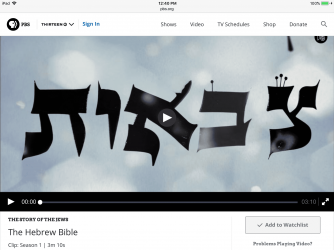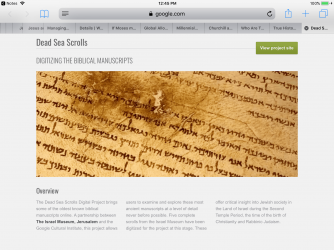P F Tinmore
Diamond Member
- Dec 6, 2009
- 79,080
- 4,385
- 1,815
That is correct. That does not refute my post at all.RE: Who Are The Palestinians? Part 2
※→ Coyote, et al,
The law applies equally to everyone.
(COMMENT)You are conflating or confusing peoples and people. Those are two different categories with two different systems of rights."All peoples have the right of self-determination.
People/person/persons have individual rights like the right to life, liberty, etc. without regard to where they are.
Peoples/a people have national/collective rights within a defined territory. (Montevideo requires a defined territory, and peoples have the right to territorial integrity.) The French are "a people" with national rights in France. The British are "a people" with national rights in Britain.
The French have individual rights in Britain, but they do not have national rights there. The British have individual rights in France, but they do not have national rights there.
1. Reaffirms the inalienable rights of the Palestinian people in Palestine, including:...
UN General Assembly Resolution 3236 and UN General Assembly Resolution 3237
The Palestinians have national rights in Palestine. Others don't.
No, you are misrepresenting the covanent; with your own interpretation and application. You are implying that the Arab Palestinians have rights above all other; that they are so special that they have a unique set of rights.
PART IMost Respectfully,
Article 1
International Covenant on Civil and Political Rights
entry into force 23 March 1976
1. All peoples have the right of self-determination. By virtue of that right they freely determine their political status and freely pursue their economic, social and cultural development.
R




